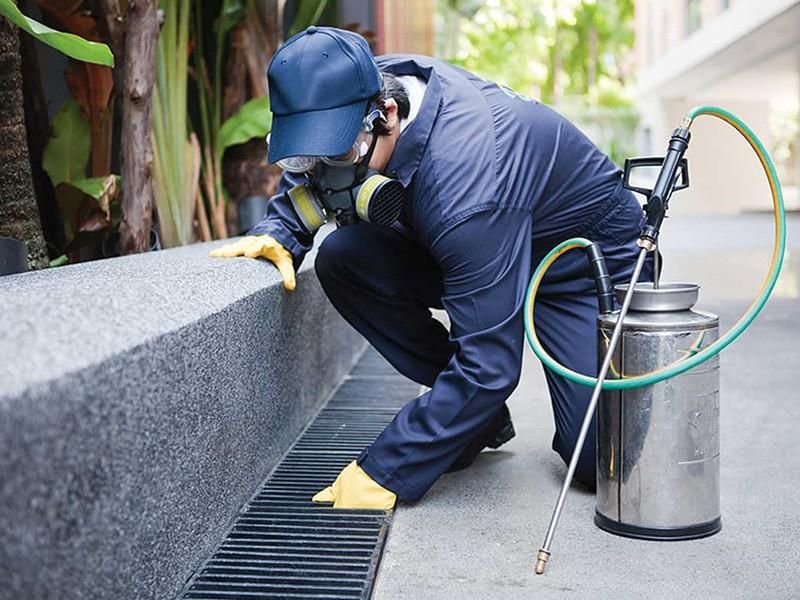
Embracing Eco-Friendly Pest Control for a Harmonious Environment
Introduction (Approximately 70 words): In our quest for a healthier and more sustainable future, the role of pest control cannot be overlooked. While pests can wreak havoc on our homes, gardens, and even health, it is essential to adopt practices that are not only effective but also environmentally friendly. By embracing eco-friendly pest control methods, we can create a harmonious balance between our needs and the preservation of our fragile ecosystems. This article explores the importance of eco-friendly pest control and highlights innovative approaches to mitigate pests’ impact on our lives.
The Impact of Traditional Pest Control Methods (Approximately 100 words): Traditional pest control methods often involve the indiscriminate use of harsh chemicals and pesticides that not only eliminate pests but also harm beneficial insects, wildlife, and even humans. These toxic substances can contaminate our water sources, pollute the air we breathe, and accumulate in our food chain. Furthermore, pests have shown remarkable resilience and developed resistance to many of these chemicals, necessitating increasingly stronger doses and raising concerns about long-term effects on human health. It is clear that we need a more sustainable and holistic approach to pest control.
Eco-Friendly Pest Control Approaches (Approximately 150 words):
- Integrated Pest Management (IPM): IPM emphasizes preventive measures, such as eliminating pest-friendly habitats and maintaining proper hygiene, to minimize pest infestations. It integrates biological controls, such as natural predators and beneficial insects, with the judicious use of pesticides when necessary.
- Biological Control: This method involves introducing natural enemies of pests, such as predatory insects or parasites, to regulate their populations. This approach avoids chemical intervention and promotes a more balanced ecosystem.
- Mechanical Control: Physical methods like traps, barriers, and exclusion techniques can be employed to prevent pests from entering our living spaces or damaging crops. These non-chemical strategies are highly effective and have minimal environmental impact.
- Organic and Natural Pesticides: When chemical intervention is required, organic and natural pesticides derived from botanical or mineral sources can be used. These products are less toxic to the environment and break down more quickly, reducing their persistence in the ecosystem.
The Benefits of Eco-Friendly Pest Control (Approximately 100 words): Embracing eco-friendly pest control methods offers numerous benefits. Firstly, it safeguards the environment by minimizing the use of harmful chemicals, thereby preserving biodiversity and ecological balance. Secondly, it protects human health by reducing exposure to toxic substances. Additionally, eco-friendly pest control encourages the development of sustainable agricultural practices, leading to healthier and more nutritious food. Lastly, it promotes a greater understanding and appreciation of the interconnectedness of all living beings, fostering a sense of responsibility towards the environment we share.
Conclusion (Approximately 80 words): Eco-friendly pest control is not just a buzzword but a vital aspect of our journey towards a greener and more sustainable world. By prioritizing preventive measures, embracing natural solutions, and minimizing the use of harmful chemicals, we can strike a balance between managing pests and preserving our delicate ecosystems. It is our collective responsibility to choose pest control methods that prioritize long-term environmental and human well-being. Let us embrace the power of eco-friendly pest control and pave the way for a harmonious coexistence with the natural world.
